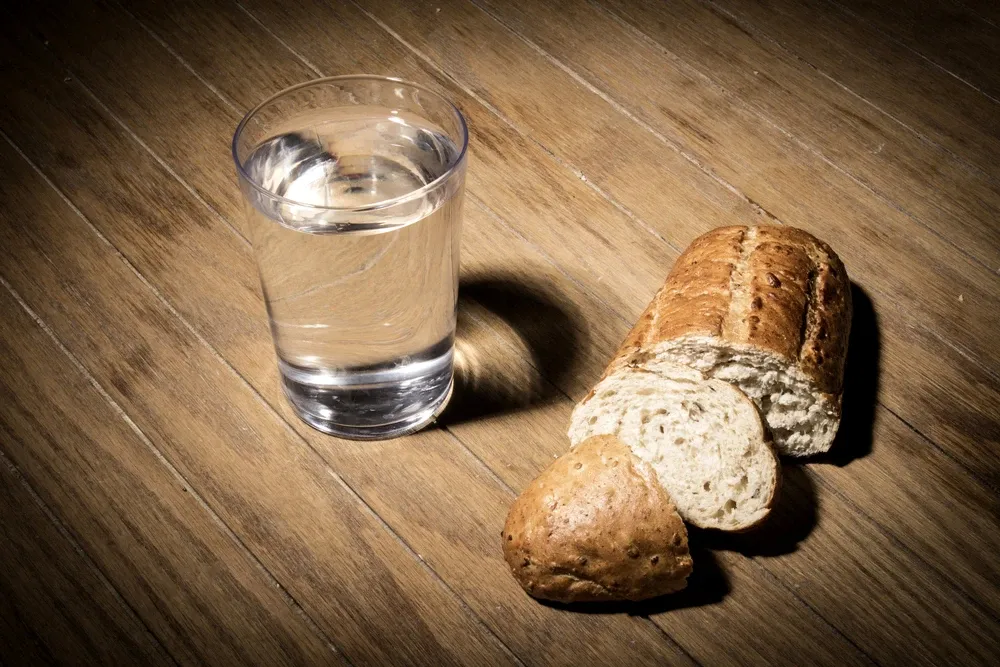The law of fasting allows “only one full meal a day but does not prohibit taking some food in the morning and evening, observing — as far as quantity and quality are concerned — approved local custom.”
However, Canon 1253 of the Code of Canon Law states: “The conference of bishops can determine more precisely the observance of fast and abstinence as well as substitute other forms of penance, especially works of charity and exercises of piety, in whole or in part, for abstinence and fast.”
What is the origin of the practice of fasting and abstinence?
These practices have deep roots in history and theology. Fasting dates back to biblical times, where figures such as Moses (Exodus 34:28), Elijah (1 Kings 19:8), and Jesus himself (Mark 1:13) practiced fasting. In early Christianity, fasting was a common way of expressing repentance and seeking closeness to God.
Abstinence from meat has its roots in the Church’s tradition of sacrificing something as an act of penance, just as St. Paul called for disciplining and subduing one's body (1 Corinthians 9:27) for the greater good.
Why do Catholics practice fasting and abstinence?
Canon 1249 of the Code of Canon Law states that the Catholic Church has set certain days in the year for all Catholics to perform penitential practices together, such as prayer, works of piety and charity, and, above all, practicing fasting and abstinence.
In this regard, the Catechism of the Catholic Church explains in No. 2043 that abstaining from meat and fasting on the days established by the Church “ensures the times of ascesis and penance which prepare us for the liturgical feasts and help us acquire mastery over our instincts and freedom of heart.”
Which days are obligatory for fasting and abstinence?
The Code of Canon Law states in Canon 1251 that “abstinence from meat, or from some other food as determined by the episcopal conference, is to be observed on all Fridays, unless a solemnity should fall on a Friday. Abstinence and fasting are to be observed on Ash Wednesday and Good Friday.”








